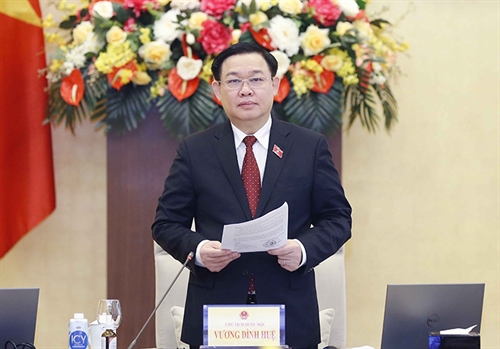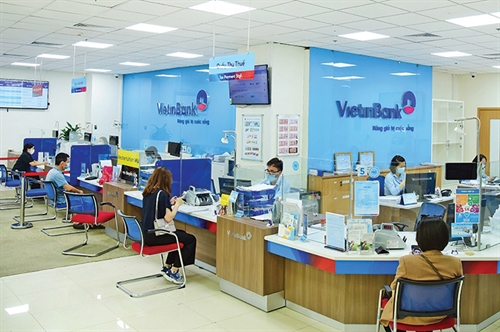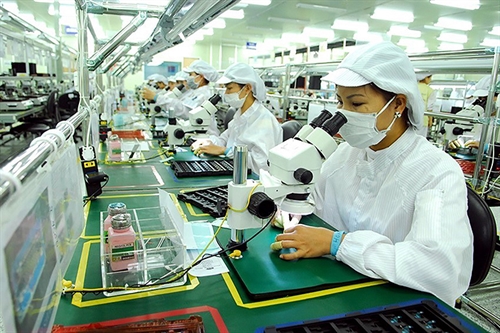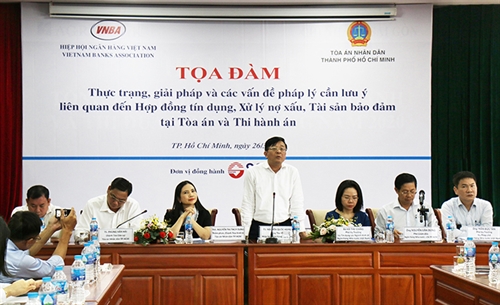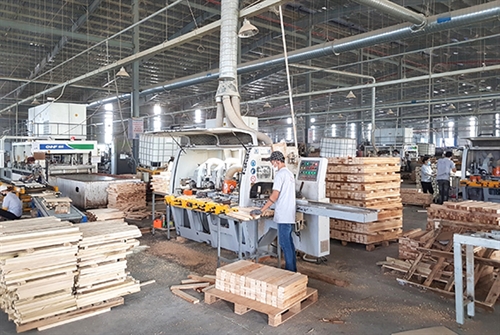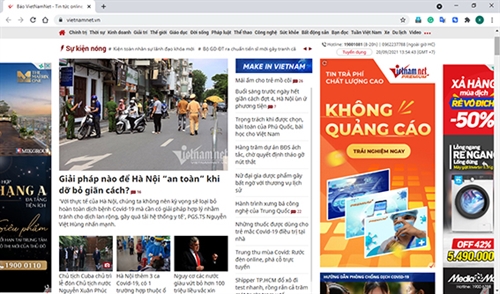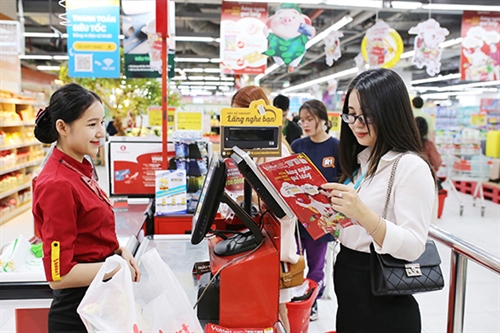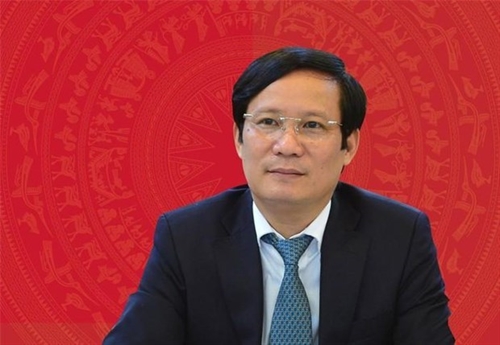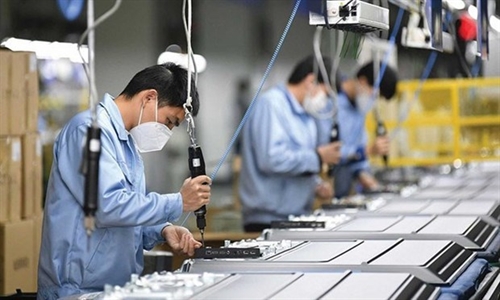The Government has recently released new rules to better manage prize-winning electronic games for non-nationals in Vietnam.
The rules are provided in two decrees issued in late December 2021, namely Decree 121 and Decree 137.
The first text, set to come into force on February 12, is designed to improve existing legal documents on the business of prize-winning electronic games for foreigners, and the other one, effective on the first day of the year, regulates the sanctioning of administrative violations in betting and prize-winning games.
The new regulations are expected to create a more transparent and impartial legal framework for the organization of prize-winning electronic games and protect the rights and interests of game service providers and gamers.
Conditions for grant of business eligibility certificates
Decree 121 tightens the conditions for grant of certificates of eligibility for doing the business of prize-winning electronic games stipulated in Decree 86 of 2013, which was revised under Decree 175 of 2016.
Specifically, to obtain such a certificate, an enterprise must be the one that has registered the business of prize-winning video games under the Law on Investment and Law on Enterprises and satisfies all the conditions below.
Firstly, the enterprise must have a tourist accommodation establishment of five-star class ranked by a competent state management agency.
Secondly, the enterprise’s gaming facility must have separate entrance and exit doors and be isolated from areas reserved for other business activities. This facility is also required to have electronic devices and CCTV systems to ensure round-the-clock security.
Worthy of note, the new regulation increases the time for storage of recorded CCTV footages from 30 days to at least 180 days from the recording date, in which images of entrance and exit doors, places of installation of gaming machines, cashier counters, and cash and token safes must be clear.
In addition, the enterprise has to comply with regulations on security and order applicable to conditional business lines, and post its internal rules in Vietnamese, English and other foreign languages (if any) at easy-to-spot positions at the entrance and exit doors.
Another requirement is that managers of the enterprise’s gaming facility must possess a university or higher degree and have at least three years’ experience in management of the business of prize-winning electronic games.
Fourthly, the enterprise is required to have a charter capital of at least VND 500 billion, instead of VND 200 billion under Decree 175 of 2016, and earn profits in the fiscal year preceding the year of submission of a dossier of application for the business eligibility certificate.
Lastly, the enterprise has to work out a business plan ensuring social security, order and safety in accordance with law.
Particularly, the enterprise may organize prize-winning video games at the sole gaming facility licensed by a state authority.
Persons allowed to play in and enter gaming facilities
Persons allowed to play in gaming facilities are foreigners and overseas Vietnamese who lawfully enter Vietnam with their passports or international travel documents granted by foreign authorities and remaining valid. They must have full civil act capacity in accordance with Vietnam’s law and willingly observe game rules. Game players are also obliged to fulfill tax obligations toward the Vietnamese State.
Decree 121 also specifies those allowed to be in and out of a gaming facility. They include managers and employees of the enterprise dealing in prize-winning electronic games as assigned and listed by the enterprise. Additionally, employees of a service-providing organization that signs a contract with the game-dealing enterprise may enter the gaming facility on the condition that they are assigned and named in the updated list announced by the enterprise.
Meanwhile, on-duty officials of competent state management agencies may enter the gaming facility for carrying out inspection of the enterprise doing the business of prize-winning video games.
Noteworthily, the above persons may enter the gaming facility only for performing their assigned tasks, but not for playing games in any form.
The enterprise is requested to keep a monitoring book or issue e-cards to control all people coming in and out of the gaming facility. The monitoring book must be kept for at least three years to serve management, supervision, examination and inspection activities of competent authorities.
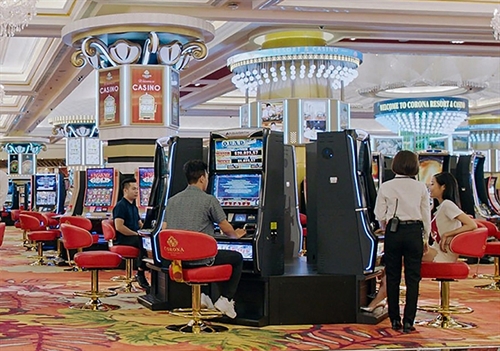 |
| Inside Corona casino on Phu Quoc island__Photo: Corona |
Prohibited acts
Decree 121 basically retains the prohibited acts specified in Decree 86 of 2013 for an enterprise engaged in the prize-winning electronic gaming business. Specifically, the enterprise may not conduct this business activity without possessing a business eligibility certificate or at variance with such certificate, or during the period when it is deprived of the right to use the business eligibility certificate or suspended from doing the business under the decision of a competent state management agency.
The enterprise is also banned from tampering with, erasing, leasing, lending or transferring its business eligibility certificate, or allowing or organizing direct betting between players based on results of the games, or cheating in the course of organizing or participating in the games.
It may neither commit acts that affect social security, order and safety at the gaming facility nor transfer, lease, lend the gaming facility to another for conducting the business of prize-winning electronic games.
Other prohibited acts include illegally organizing and providing prize-winning electronic games via computer and telecommunications networks and the Internet; taking advantage of the business of prize-winning video games to smuggle and transport foreign currencies, gold, silver, gems and precious metals, provide loans, mortgage assets or conduct money laundering in any form; and certifying false prize amounts, giving untruthful certification or causing difficulties to players without a plausible reason when giving certification.
The Decree adds two prohibited acts for a game-dealing enterprise, namely taking advantage of the maintenance and repair of gaming machines to organize illegal business of prize-winning electronic games, and dealing in gaming machines and gaming devices that have cultural contents and images not yet permitted for circulation by competent authorities.
In a talk with the Asia Gaming Brief, Ben Lee, managing partner of IGamix Management and Consulting, said he believed that Decree 121 was part of the country’s move toward a centrally managed set of gaming regulations, similar to that of established gaming jurisdictions in Asia (Macau, Singapore, Philippines).
“Once the Government concretizes everything and has in place a full set of gaming regulations, I expect the next step is to form a gaming committee, which will then itself be followed by gaming regulators, investigators, and inspectors,” he said.
Lee said the formation of a gaming committee could come as soon as another year from now, after which the appointment of a gaming regulator and inspectors would soon follow.
Sanctioning of administrative violations
As per Decree 137, the maximum fine to be imposed for an administrative violation in betting and prize-winning games is VND 200 million, for an institutional violator, and VND 100 million, for an individual violator. For the same administrative violation, the fine level for an institutional breaker doubles that for an individual breaker.
The statute of limitations for sanctioning administrative violations in betting and prize-winning games is one year counting from the date a competent person detects the violation. In case the administrative violations have terminated, the statute of limitations for sanctioning the violations will be counted from the date of termination.-
